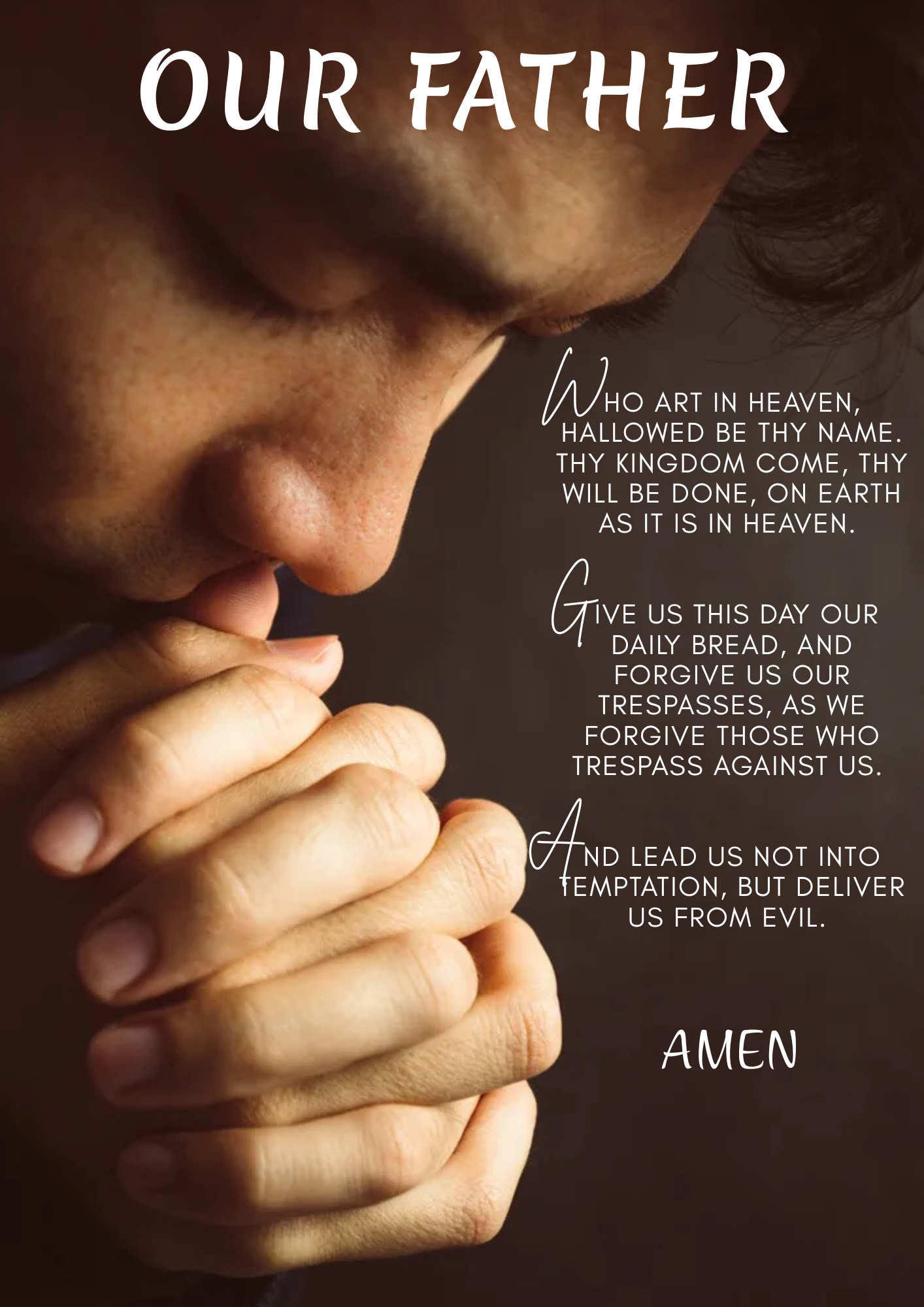Long before development frameworks and governance jargon entered our vocabulary—Our Father, the prayer of our childhood and revolution, already taught us how to build a just and humane society.
It’s more than just a prayer. It’s a blueprint. A battle cry. A balm.
But here’s the twist: this sacred utterance folds into three powerful layers, much like the three pillars of nation-building—Polity (Governance), Economy (Livelihood), and Civil Society (Culture and Community).
Let’s unfold it:
“Thy Kingdom come, Thy will be done on earth as it is in heaven” – Polity
This is not passive obedience—it’s active citizenship.
Filipinos aren’t strangers to the longing for “heaven on earth.” We fight for it in EDSA uprisings, in barangay assemblies, in every vote cast. We cry out for a Kingdom where justice is not delayed, where leaders serve not self, but nation.
When we pray this, we’re not just asking for divine rule—we’re called to be co-governors in building a polity where dignity reigns.
Democracy is messy, but so was the Garden of Gethsemane. And still, the mission pushed through.
“Give us this day our daily bread” – Economy
This is more than carbs. This is economic justice.
For the Filipino, “tinapay” isn’t just food—it’s rice, tuition, tricycle fare, a little extra for merienda. In praying for daily bread, we are asking for a fair share, not just crumbs. We’re praying for a livelihood system where farmers don’t die in debt, and OFWs no longer have to parent through phone screens.
The Filipino economy—whether in palengkes, jeepneys, or sari-sari stores—runs on hope, hustle, and tiwala sa Diyos.God doesn’t drop pandesal from the sky—but He does inspire the panadero, the teacher, the entrepreneur, and even the tax collector (on a good day).
“Forgive us… as we forgive… Lead us… Deliver us…” – Civil Society
Here we find the heart of relationships. The social glue. The messy, beautiful miracle of community.
Forgiveness is not soft—it’s revolutionary. In a country scarred by injustice, reconciliation is a civic duty. Civil society flourishes where people listen, heal, protest with purpose, and build new futures.
From community pantries to bayanihan spirit, civil society in the Philippines is where spirituality meets street-level compassion. We are 7,000+ islands, but we survive like a single village when floods come—and God knows they do.
Three-Fold Spirituality, Pinoy Style
The Our Father isn’t just vertical (us to God); it’s also horizontal (us to each other) and diagonal (us to society).
That’s Filipino spirituality:
- Mystical but grounded.
- Personal but communal.
- Sacred but practical.
From the pabasa to people power, from Simbang Gabi to social movements, the tri-fold spirituality of the Filipino reflects the very structure of the Our Father prayer.
And maybe that’s why this prayer has survived war, colonization, dictatorship, and disinformation—because it is not just a plea for heaven, but a plan for here.
If you’re wondering where to start in fixing our country, start with the prayer we’ve always known.
It’s all there.
Polity. Economy. Civil society.
A revolution whispered to heaven every day.





Leave a Reply